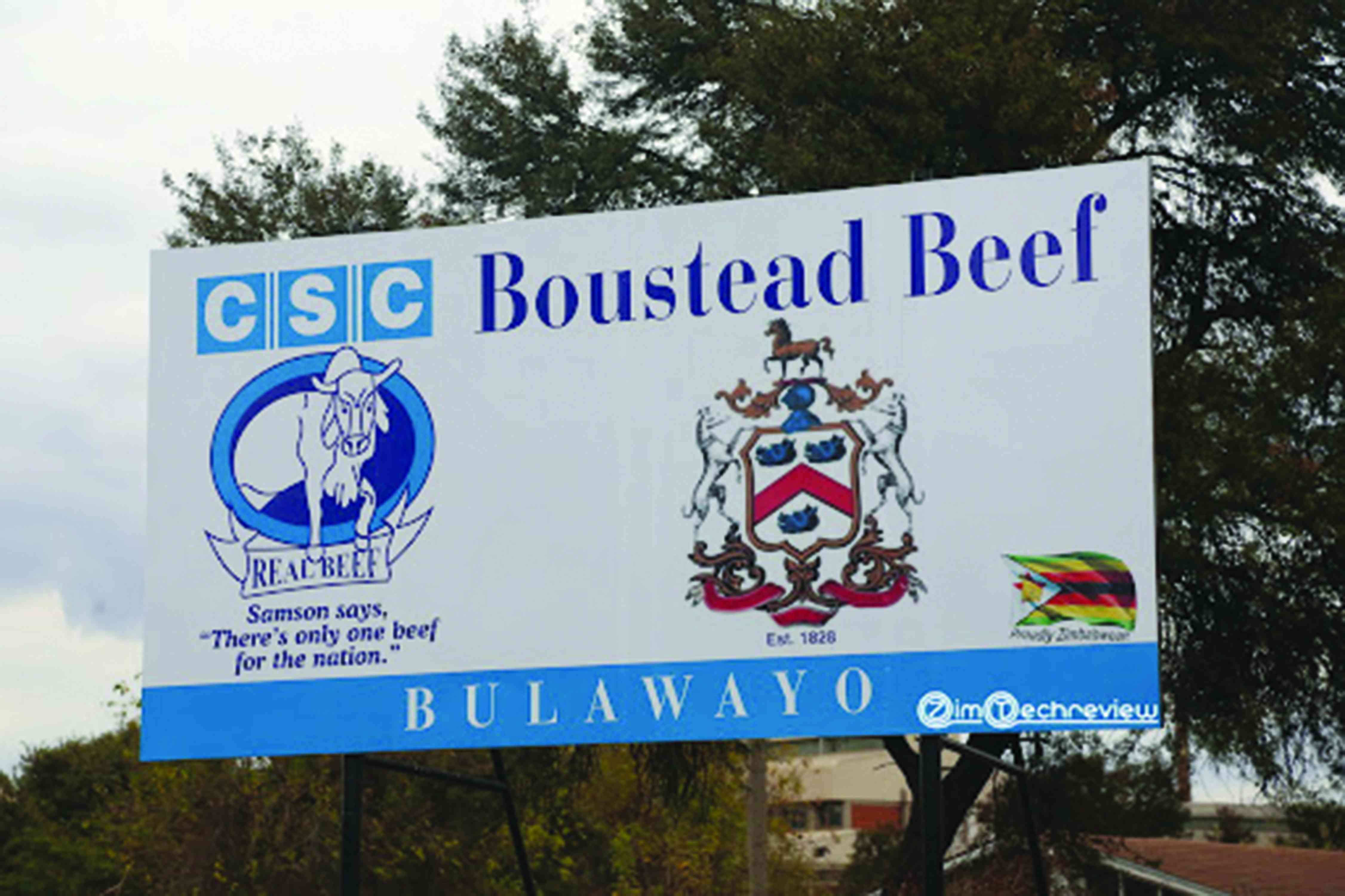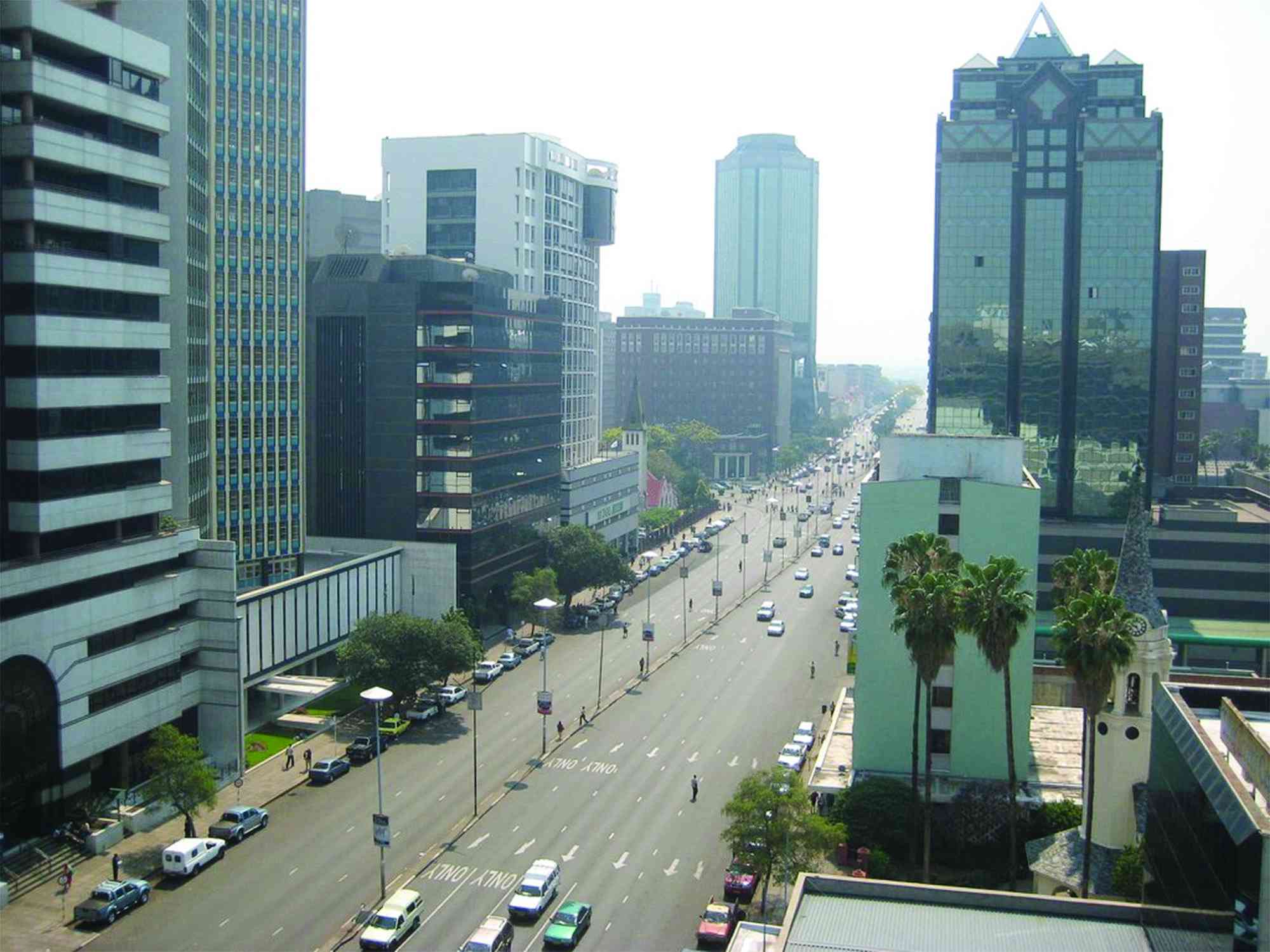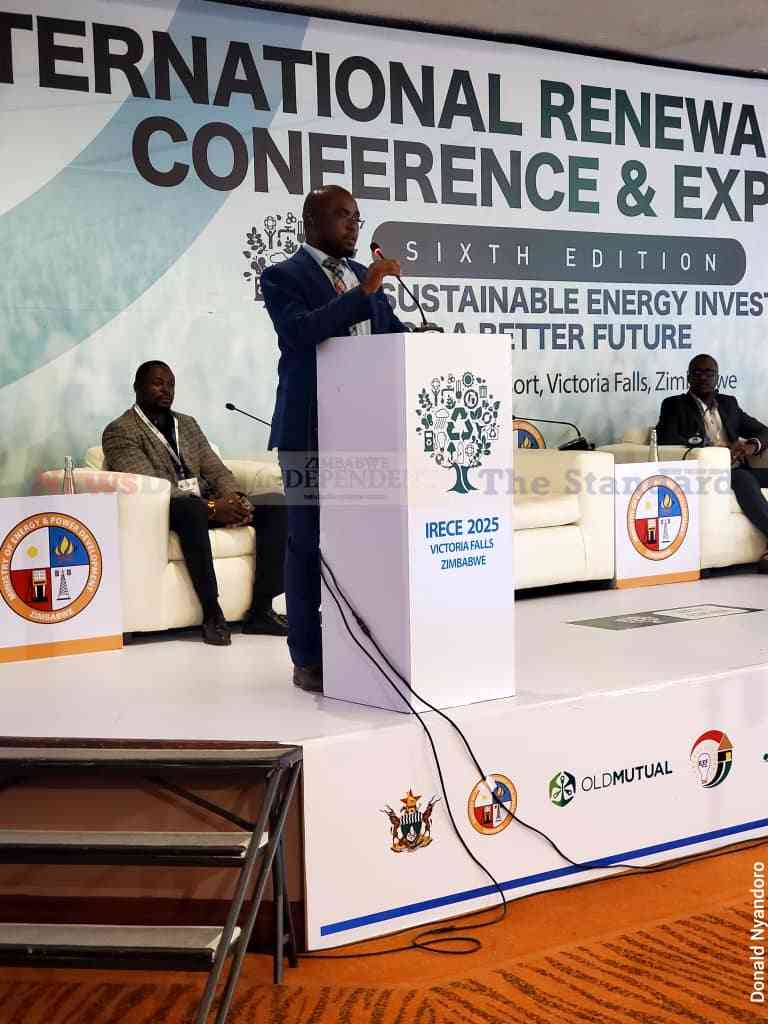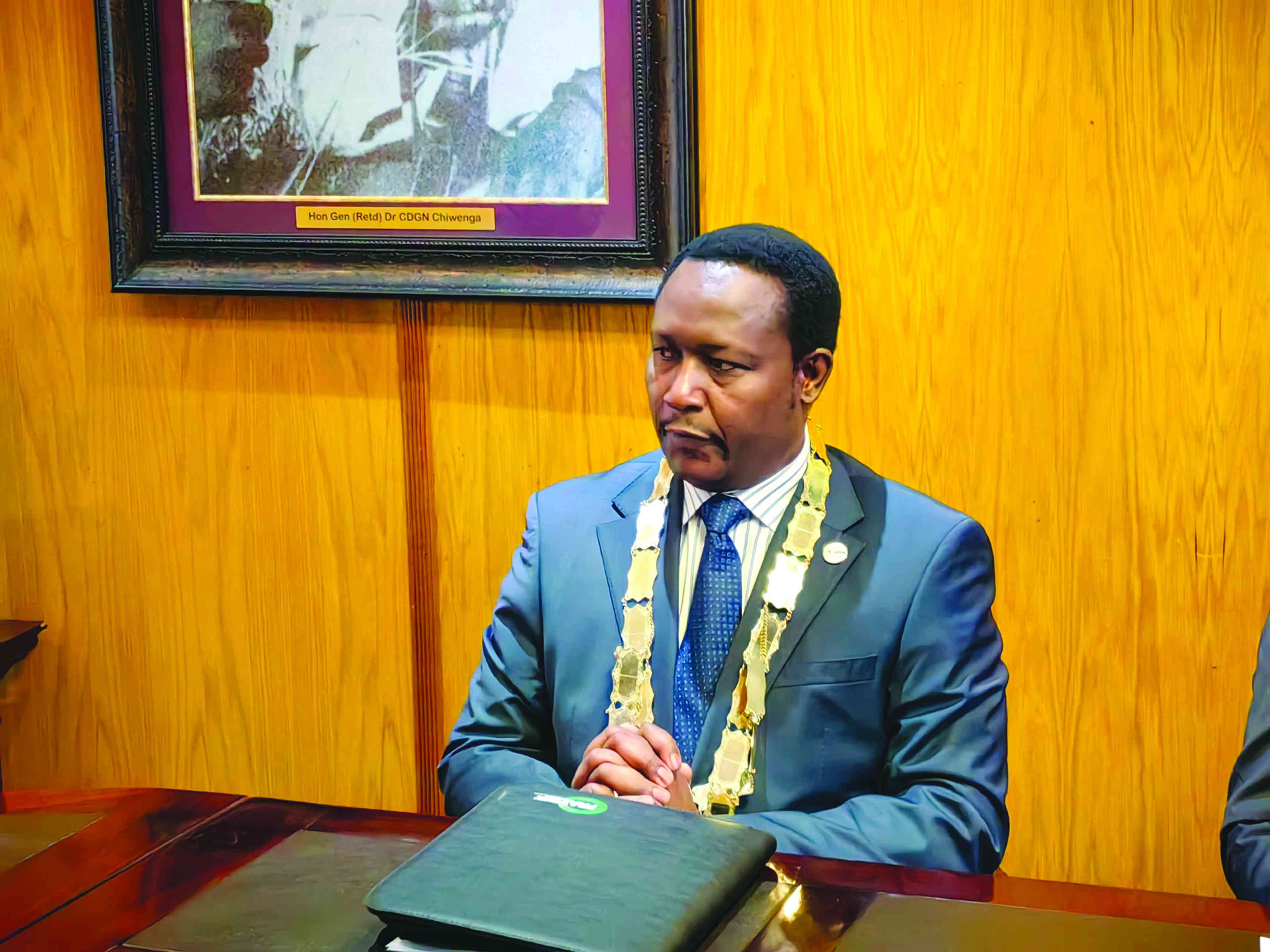
A corporate rescue practitioner appointed to take charge of the state-run Cold Storage Company (CSC)’s return to production said this week he will soon approach creditors with a recovery plan to champion the troubled former beef exporter’s operations.
The move follows government’s shock decision last year to terminate a US$130 million joint venture agreement with British investor Boustead Beef, five years after it had been signed.
After the termination, Boustead Beef exited CSC, amid concerns over its failure to meet terms of the agreement.
Consequently, CSC, a unit of the multibillion dollar sovereign fund Mutapa Investment Fund — slipped into receivership.
Corporate rescue practitioner, Crispen Mwete told the Zimbabwe Independent that an upcoming creditors’ meeting would address the firm’s debt obligations, alongside a proposed business plan for its revival.
“We are holding a creditors’ meeting on Tuesday, April 15,” Mwete said.
“Once the meeting concludes, the full business plan will be made available,” he said.
In a notice to stakeholders seen by the Independent, Mwete said the corporate rescue plan had been finalised, pending adoption.
- Boustead Beef seeks to end CSC corporate rescue
- Entertainment galore as showbiz regains its spark
- Boustead Beef seeks to end CSC corporate rescue
- Another Makhadzi, Jah Prayzah collabo on the horizon
Keep Reading
“The corporate rescue practitioner for Cold Storage Company Limited advises all stakeholders, creditors, and affected persons that the corporate rescue plan has been prepared in terms of Section 142 of the Insolvency Act (Chapter 6:07) and is now ready for distribution prior to adoption,” Mwete said.
“Copies will be sent to all known stakeholders and creditors … both within Zimbabwe and internationally.”
But sources close to the botched Boustead deal said Mwete was facing queries from investors who had injected funds into CSC since 2019, demanding to know whether they would be reimbursed.
“Our understanding is that various investors, including Boustead Beef, are anxious to see if Mwete’s forthcoming business plan outlines a clear roadmap for refunds. These concerns are expected to dominate the creditors’ meeting this month,” the source said.
Stakeholders have also quiried why CSC’s corporate rescue process — legally capped at 90 days unless extended through court approval — had dragged on for over four years without such an extension.
“Why has the rescue plan exceeded four years when it should have concluded in 90 days? How much is Mwete collecting from CSC’s leased assets? How are these funds being used, and what are Mwete’s fees? These are critical questions about CSC’s management,” another source said.
The Zimbabwe State Liabilities Act provides for investor compensation in cases of cancelled public agreements. Its terms stipulate that expropriated investments must be reimbursed at fair market value, with investors entitled to seek redress if the state impairs their property rights or investment viability.
At CSC’s official reopening in August 2022, Vice-President Constantino Chiwenga disclosed that Boustead Beef had invested only US$24 million — far below its commitments under the Livestock Joint Farming Concession Agreement (LJFCA).
The joint venture, which rebranded CSC as Boustead Beef — Cold Storage Company of Zimbabwe, initially revived hopes for thousands of families dependent on the once-prosperous firm.
CSC had held lucrative EU export quotas in the 1990s before collapsing due to gross mismanagement.
Its creditors include Zesa Holdings, the National Social Security Authority, and the urban councils of Bulawayo, Harare, and Chinhoyi.
CSC’s assets comprise multiple ranches, including Maphaneni, Dubane, Darwendale, Umguza, Chomfukwe, Umzingwane-Railway Block Gwanda, Chivumburu, Mushandike (Meyers Rust), Zeederberg Belwigwe, and Willsgrove Feedlot.











